Amy Bannon: How You Can Be an Adaptive Ally
In the summer of 1986, my parents met while working for a wilderness camp that served adults with disabilities in Rhode Island. At that time, the Americans with Disabilities Act (ADA) hadn’t yet been signed into law, and access to one’s most basic rights was riddled with barriers for people with disabilities. It is easy for someone without a disability to overlook these barriers, especially back then. My parents were quick to bring attention to those inequities and prepared their children, including myself, to create spaces that are both inclusive and accessible. This looked like enrolling us in inclusive schools and classrooms from preschool age through high school. Outside of school, they encouraged us to identify those who weren’t being included and include them in our hobbies, sports, camps, and friend groups.
My two sisters and I would all go on to shape our careers after this example set by our parents. They serve as Occupational Therapists, and I have worked with non-profit adaptive organizations across the nation, which has led me to the meaningful work I do for Wasatch Adaptive Sports (WAS). All of these years later, it is exciting to support forward-thinking organizations like WAS, where hundreds of people experience barrier-free entry into the outdoor sports we all love and enjoy.
What being an Adaptive Ally means to me, is not only donating time or money but making space and dropping any assumption about who belongs in that space. It is creating representation for adaptive athletes to see themselves in the outdoors. It means not being surprised or inspired to see someone with a disability dropping into that sick line at Snowbird, but giving them a fist bump and going on your way because they belong there just as much as you do. By definition, that is inclusivity. However, as long as the price of equipment, barriers to access, and inequities still exist, it is crucial that programs like WAS do too.
The truth of the matter is that we still live in a world that still disregards access to many of our favorite hobbies. It was just last fall when I found myself on a curb waiting for a rideshare service in Los Angeles with my friend and his guide dog. My friend has no vision or light perception, and his guide dog helps him navigate streets, intersections, busy buildings, airports, and the list goes on. When the driver pulled up and saw us, he sped off without a word. The following rideshare we ordered ended up charging a one-hundred-dollar cleaning fee. When we finally arrived, he simply turned to me and said, “Welcome to my life.”
Many people would look at my friend and consider his blindness to be the biggest barrier to entry. When in fact, it could be the rideshare driver, the waiver at the climbing facility that doesn’t have a screen reader or the loud music that prevents him from hearing my directions while he climbs. As an Adaptive Ally, it is our responsibility to listen and not assume. It is our responsibility to create space, and not take it away due to perceived limitations. It is our responsibility to help identify barriers, and tear them down.
Being an Adaptive Ally is identifying people who can, with people who want to. People who can donate time, people who can donate money, people who can donate passion and energy towards a shared goal and mission. Then, identifying the people who want to get outside, get active, challenge themselves, try something new, and find belonging in a community of people who care. When you combine those who can with those who want to, great things happen.
Wasatch Adaptive Sports not only exists to introduce people to active living and recreation, but it also provides a gateway to independence through mobility that doesn’t end once you’ve reached proficiency in a sport. WAS programs are a place where students, staff, and volunteers find community and belonging. It is a place to return to again and again to motivate and be motivated by others in the outdoors.
I hope you will join me, my family, friends, and colleagues as an Adaptive Ally with WAS. As adaptive technology advances and WAS continues to grow, more and more people are finding their way into the outdoors. With equipment and transportation prices remaining astronomical for those with adaptive needs, now more than ever we need your impact. Whether you give your money today, or your time next week, your participation and involvement remove barriers while increasing access for people of all abilities on the trails and slopes of Northern Utah.
Interested in becoming an Adaptive Ally with WAS yourself? Here are a few ways to get started:
Volunteer
Donate Monthly
Get Involved
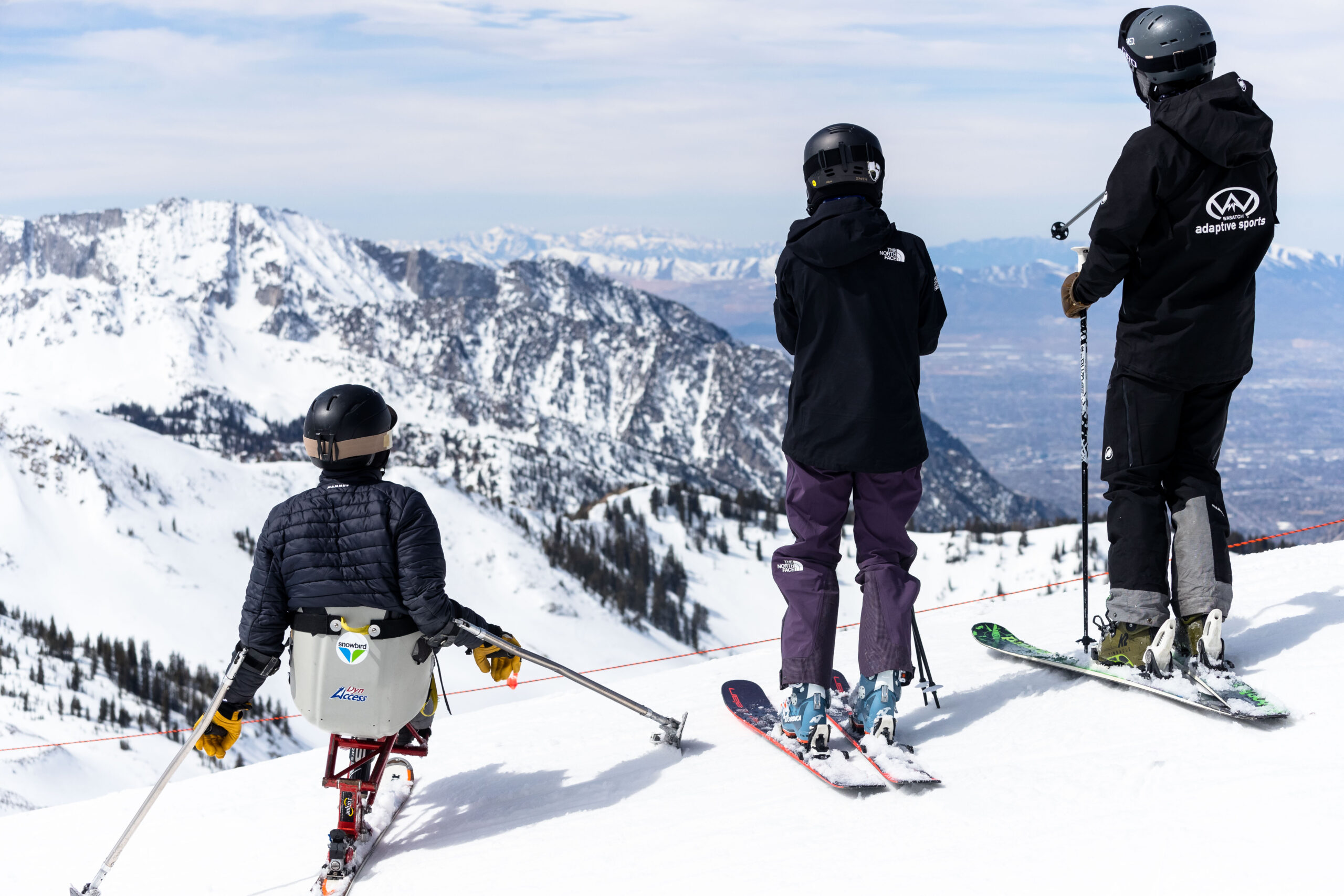
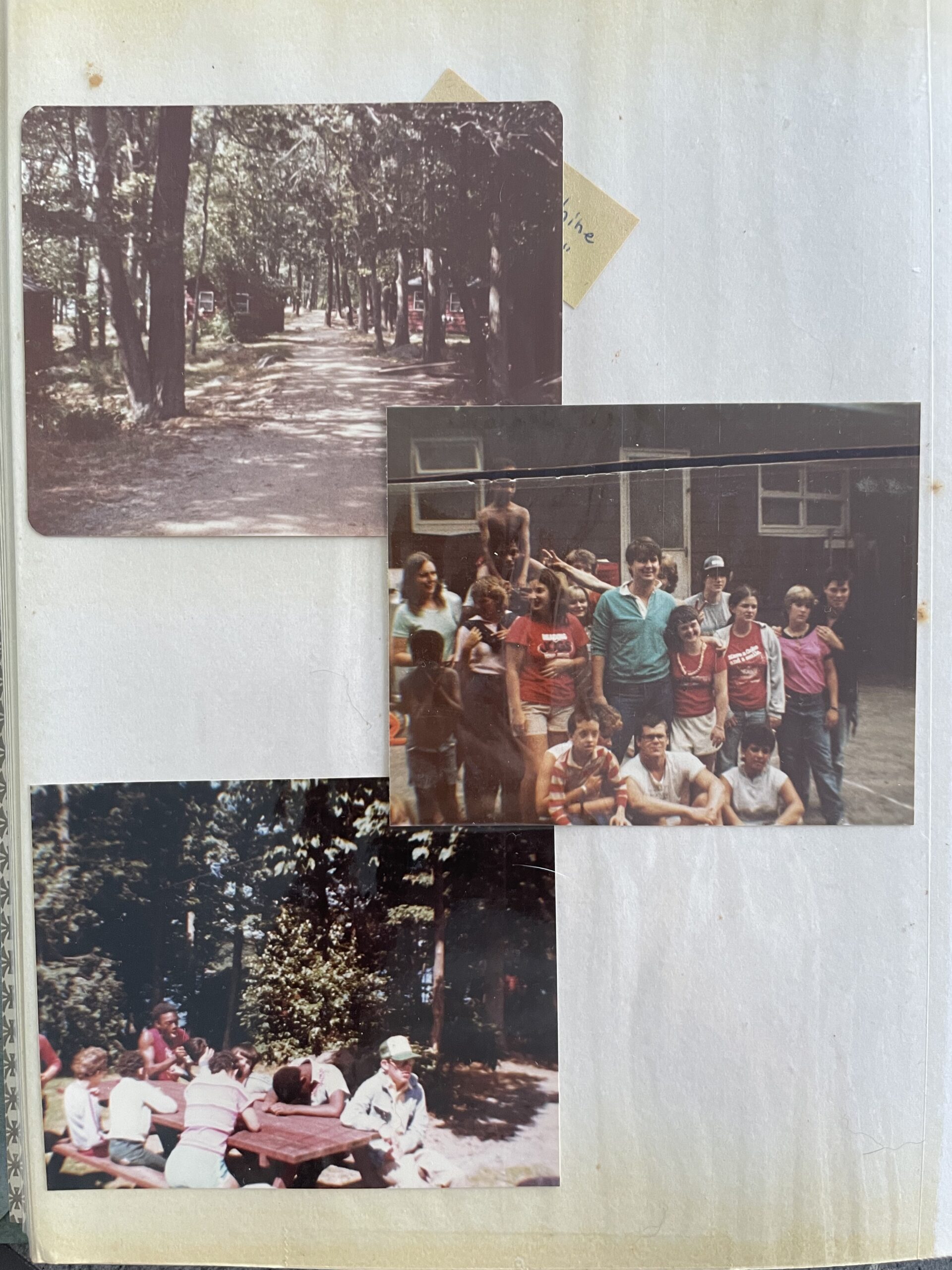
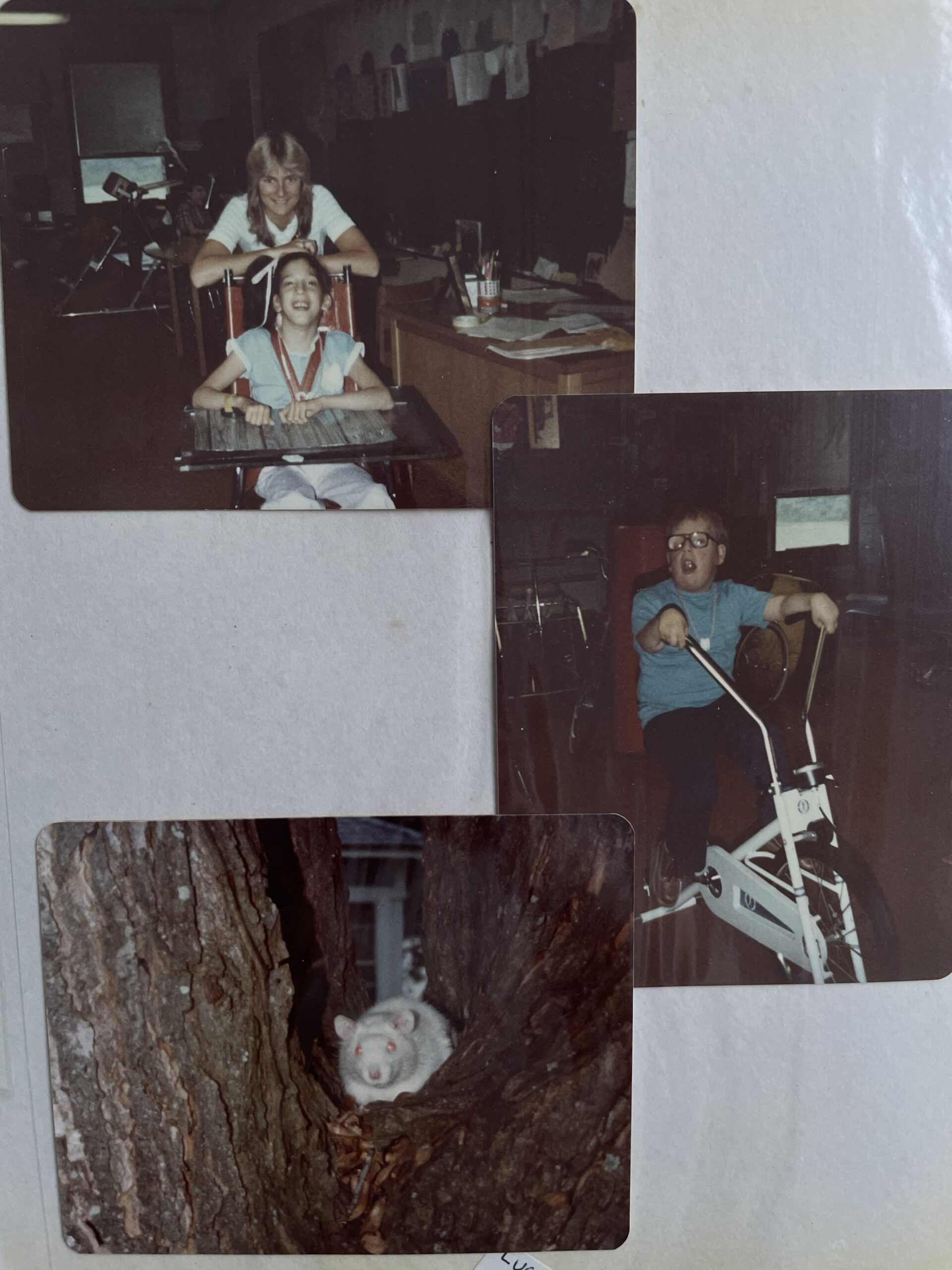
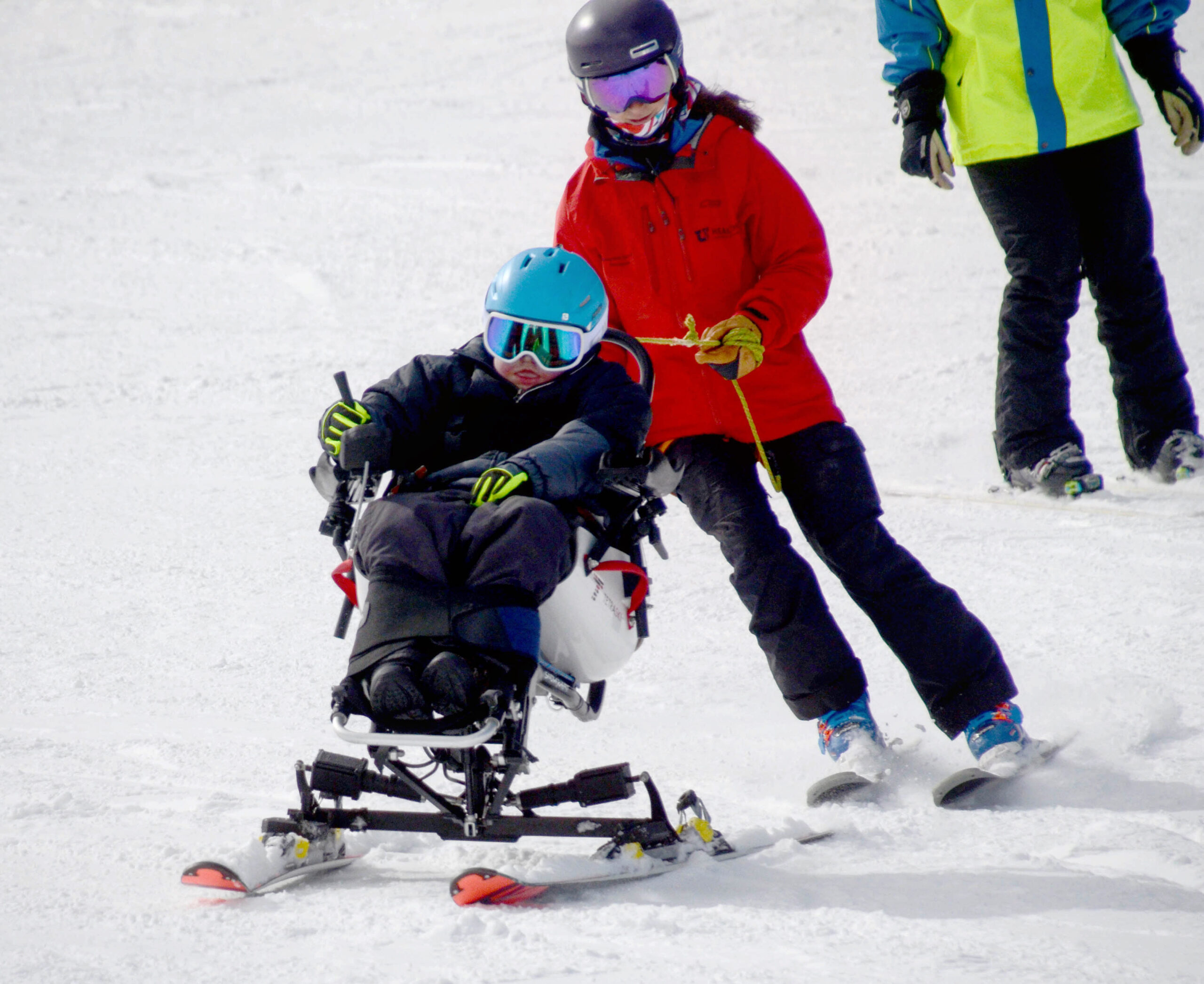

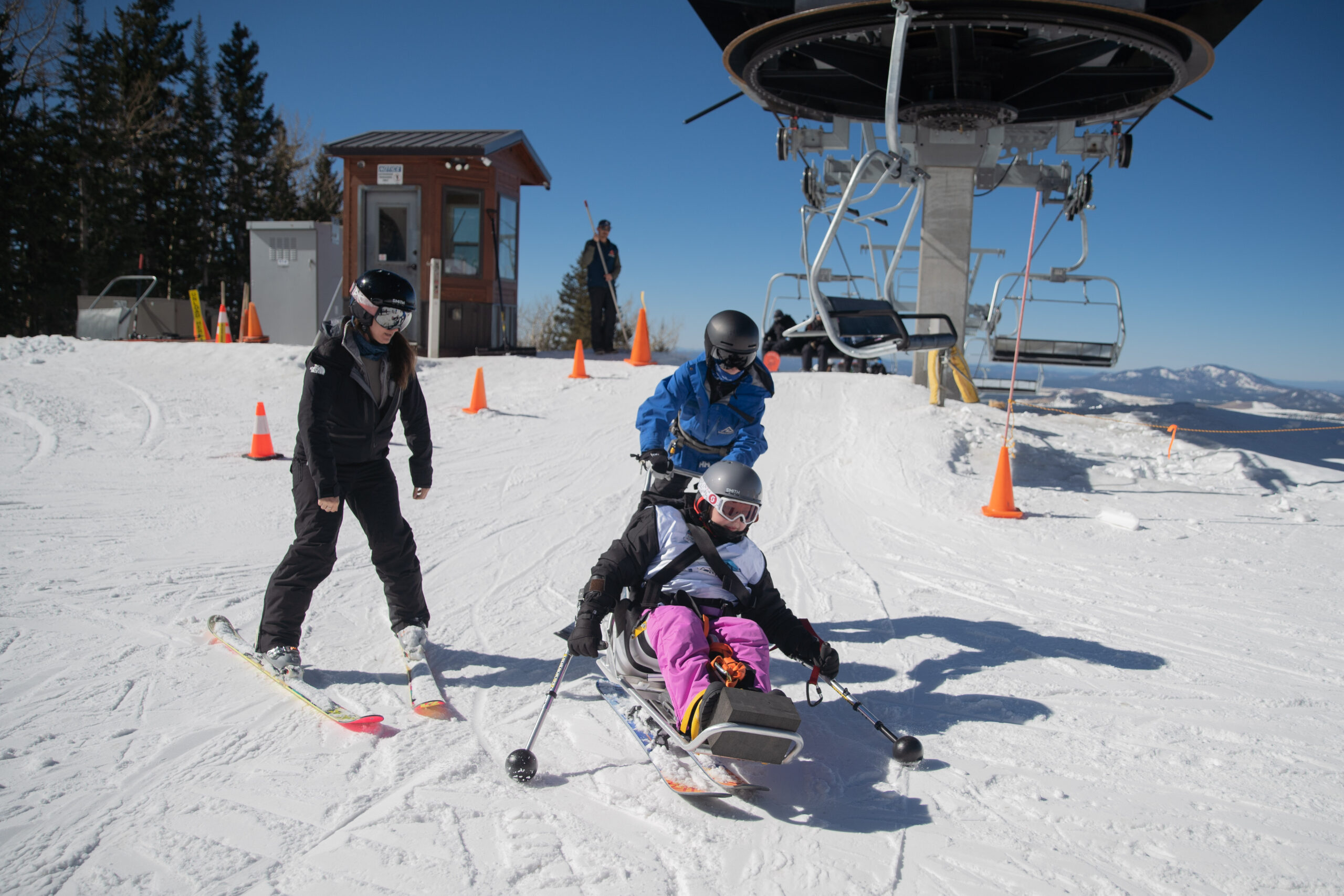
Amy Bannon joined the WAS team in March 2022 as the Development Director. Before coming to Utah, she served as the Board Chair for Northern Arizona Adaptive Sports Association and worked with Paradox Sports to deliver Adaptive Climbing Initiative courses nationwide to increase accessibility and awareness in the climbing industry. After nearly a decade of promoting access in the programmatic realm of adaptive sports facilitation, she is excited to serve the adaptive world in a new role while diving into all that the Wasatch Valley has to offer!
